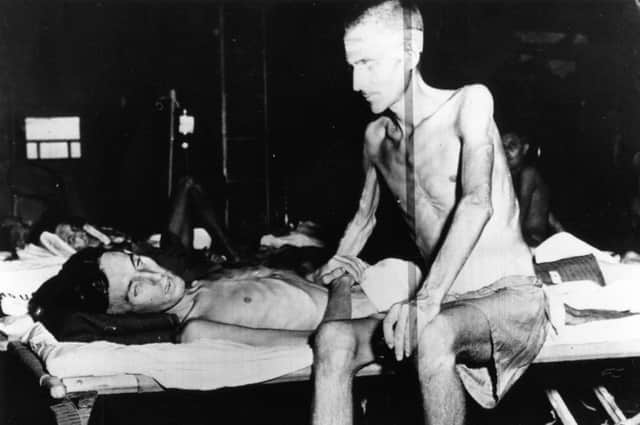Hatred is corrosive. Forgiveness can lighten heavy, weary hearts – Karyn McCluskey


Humanitarian Drummond Hunter, who died in 2002, was a leading light in human rights and penal reform in Scotland and suffered dreadfully while being held as a prisoner of war. He wrote of his experience: “You have to forgive, because hatred corrodes you.”
We all recognise the resentment and intrusive thoughts that being on the receiving end of pain causes, and the emotions that come unbidden in the quiet of the night.
Advertisement
Hide AdAdvertisement
Hide AdForgiveness will be something we’ll all crave, but it might not be granted. Nobody is owed forgiveness, but the asking is everything.
On a personal level and where crime is involved, I never speak about forgiveness but believe in the role of restorative justice – if the victim/survivor wishes it to happen. The empowerment which comes from the ability to safely express the impact of harm done to them and to seek out a meaningful justice outcome in response to that can be truly life-changing for all involved.
At a government level, seeking forgiveness can be uniquely important and create a foundation for change.
Whether that’s the role of a country in slavery, the criminalising of gay men and women, or the treatment of children who ended up in our care system and whose lives were further destroyed by our institutions.
Forgiveness can be transformative for both parties. It can turn the volume down on anger, introduce reflection and has the ability to lighten heavy, weary hearts.
Karyn McCluskey is Community Justice Scotland’s chief executive
A message from the Editor:
Thank you for reading this article. We're more reliant on your support than ever as the shift in consumer habits brought about by coronavirus impacts our advertisers.
If you haven't already, please consider supporting our trusted, fact-checked journalism by taking out a digital subscription.
Comments
Want to join the conversation? Please or to comment on this article.